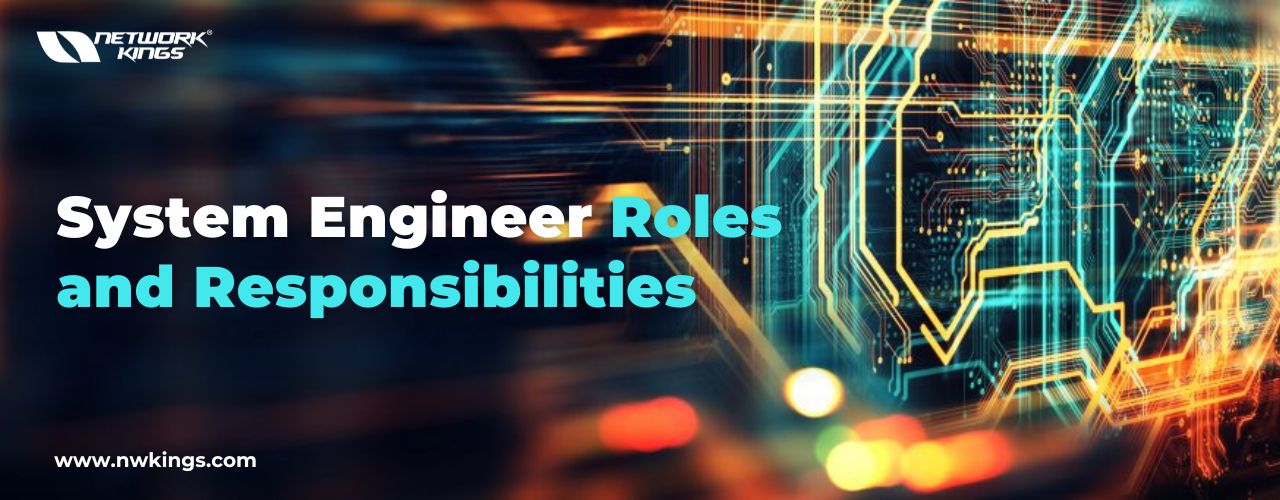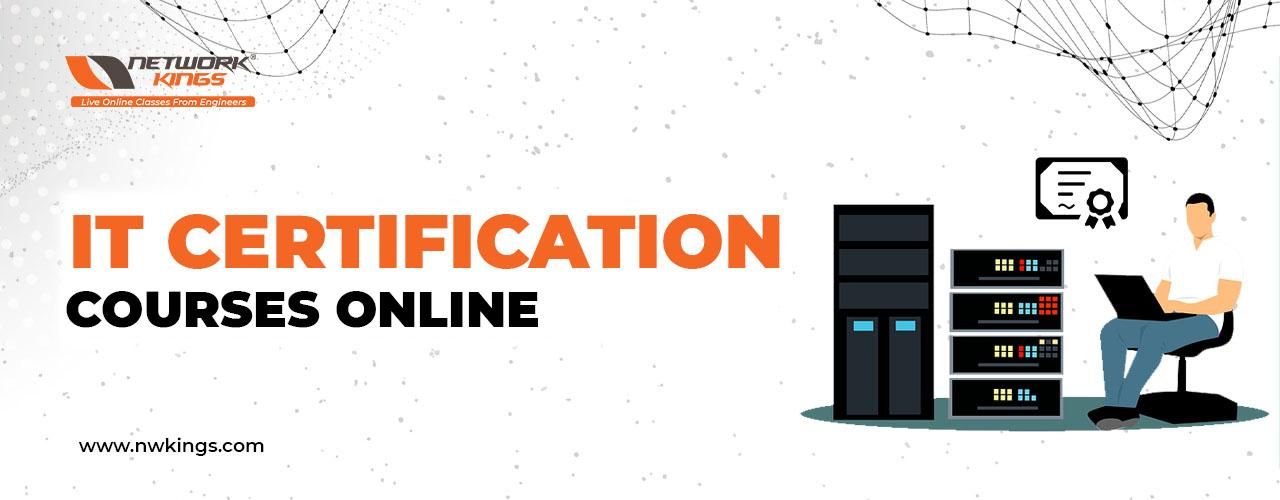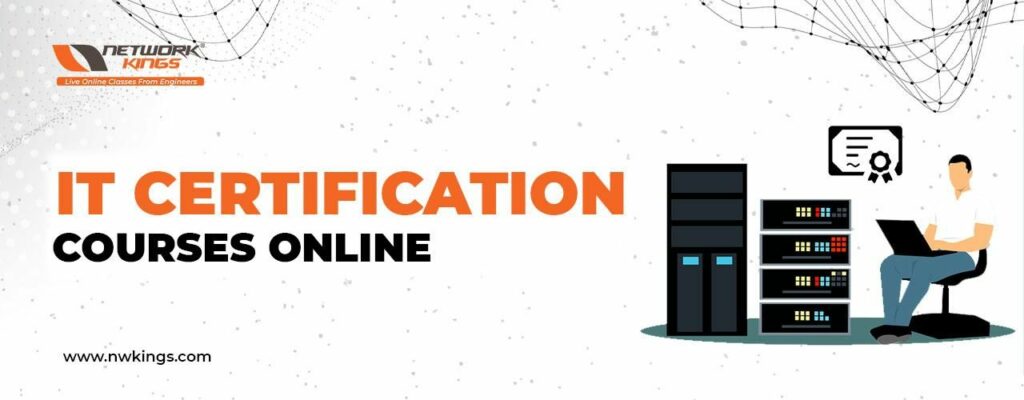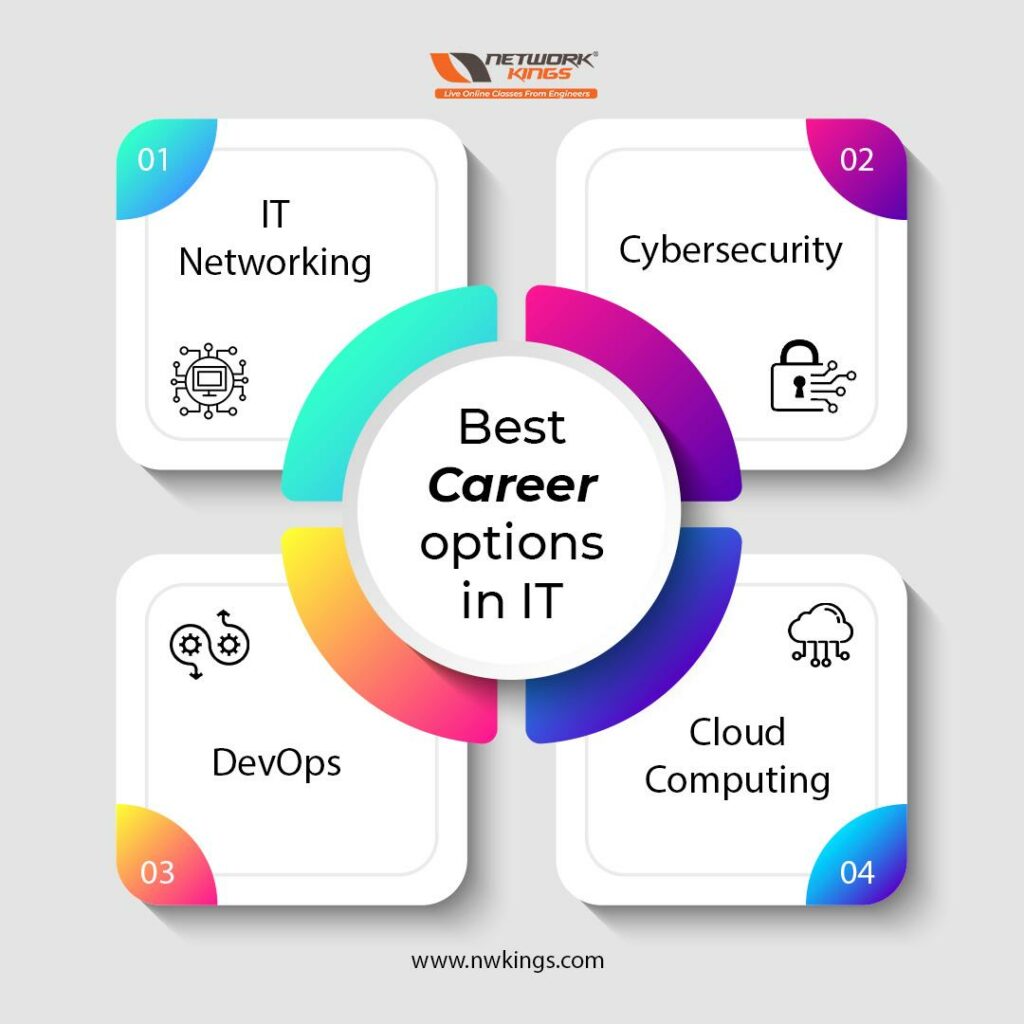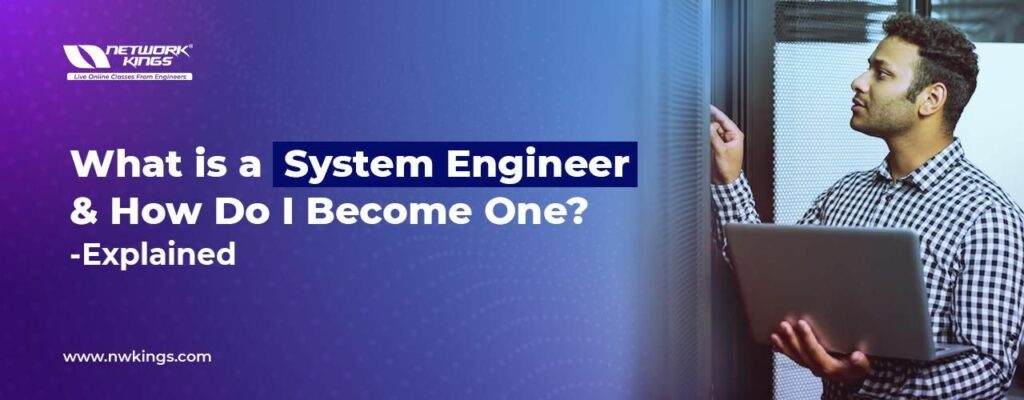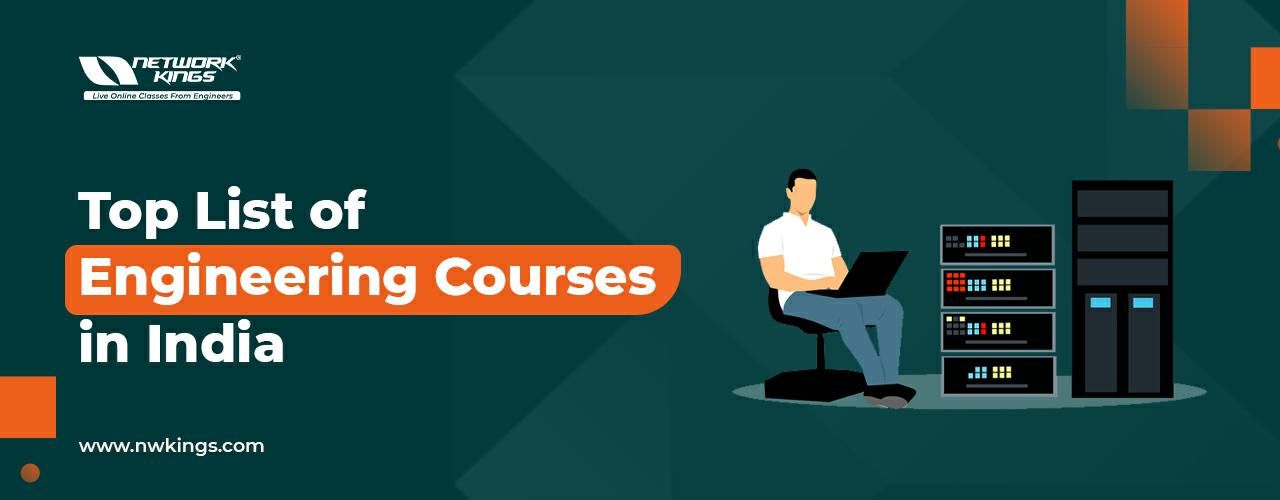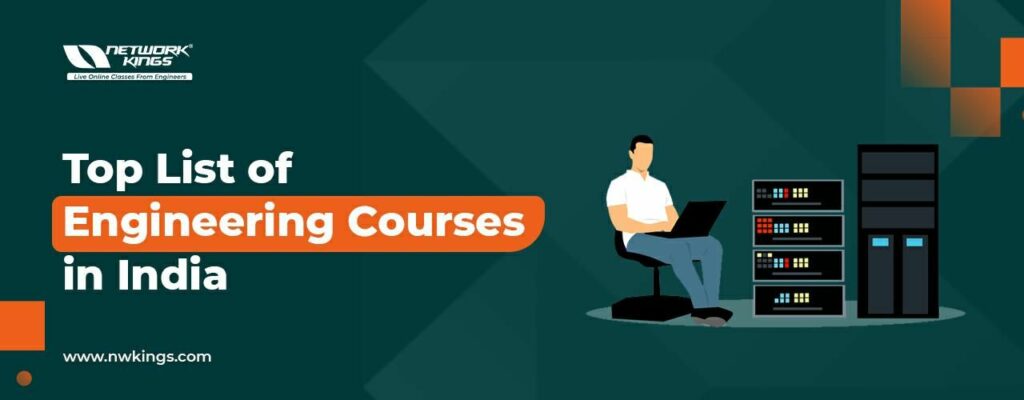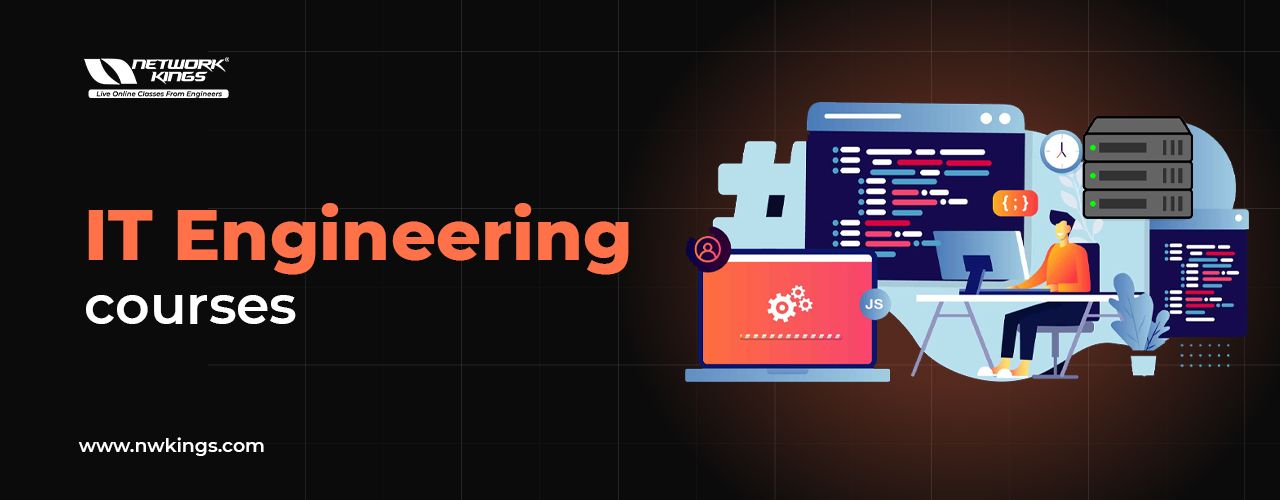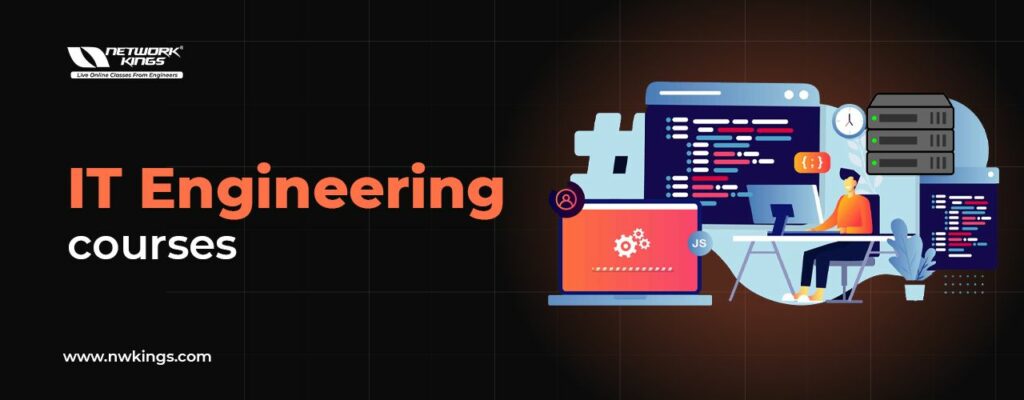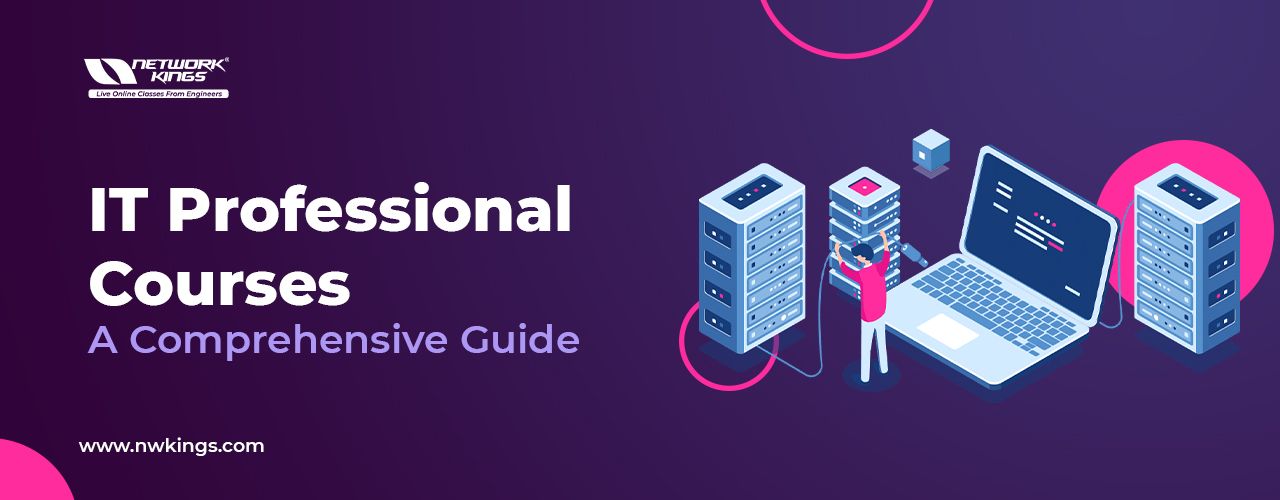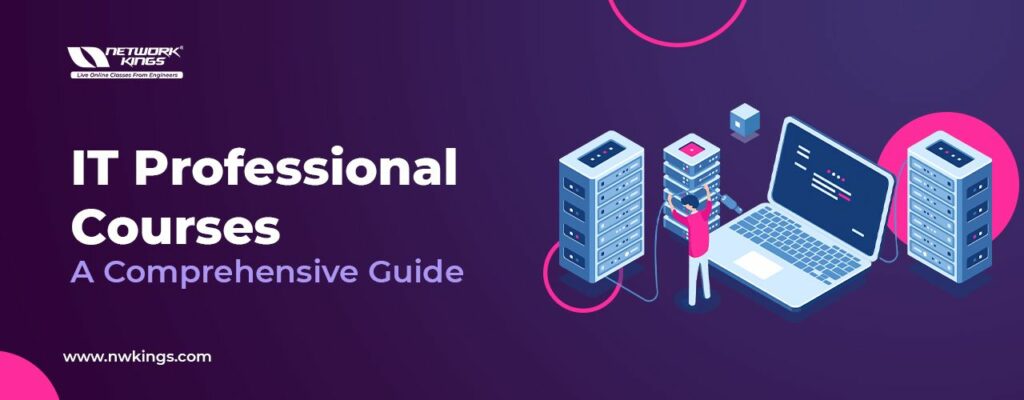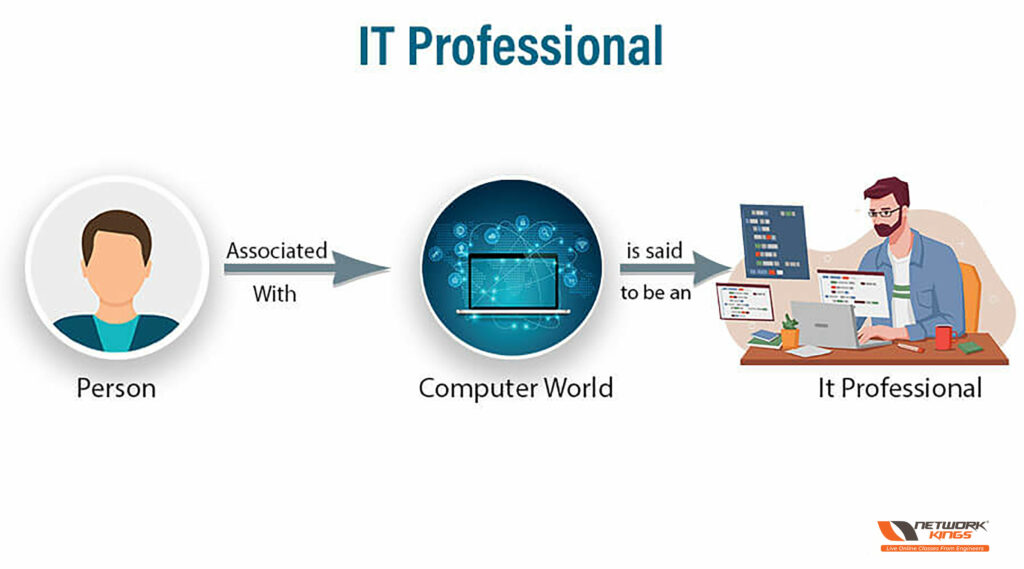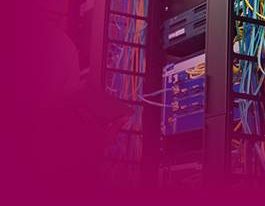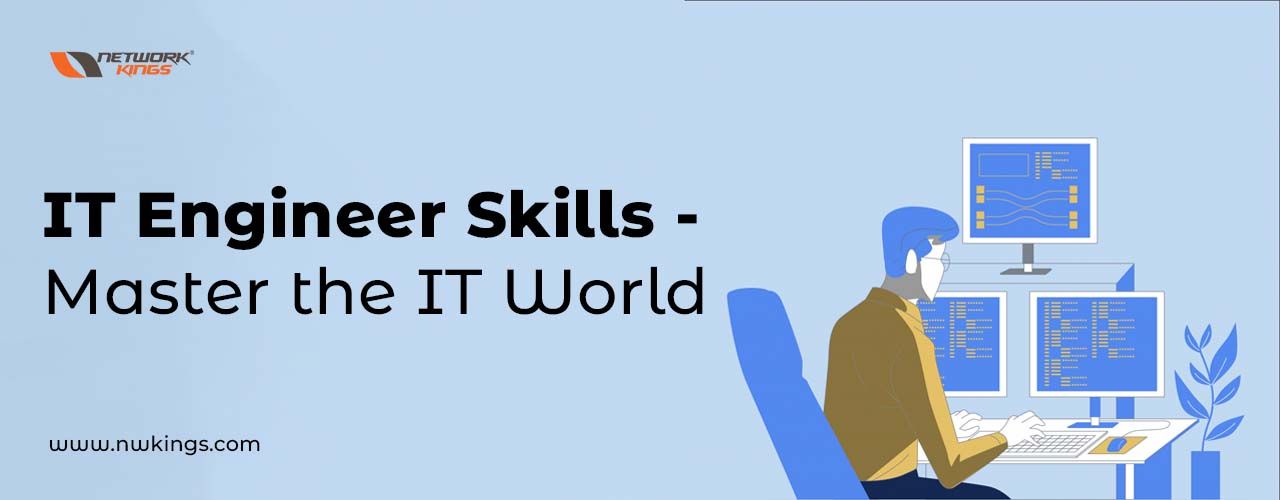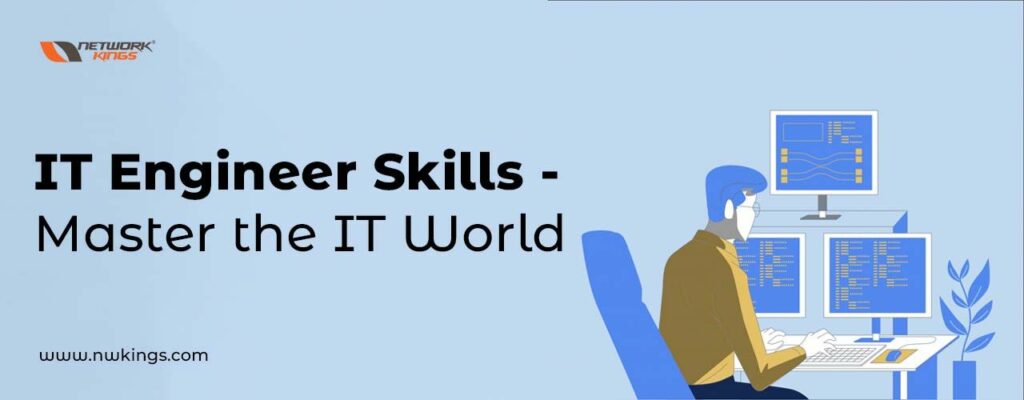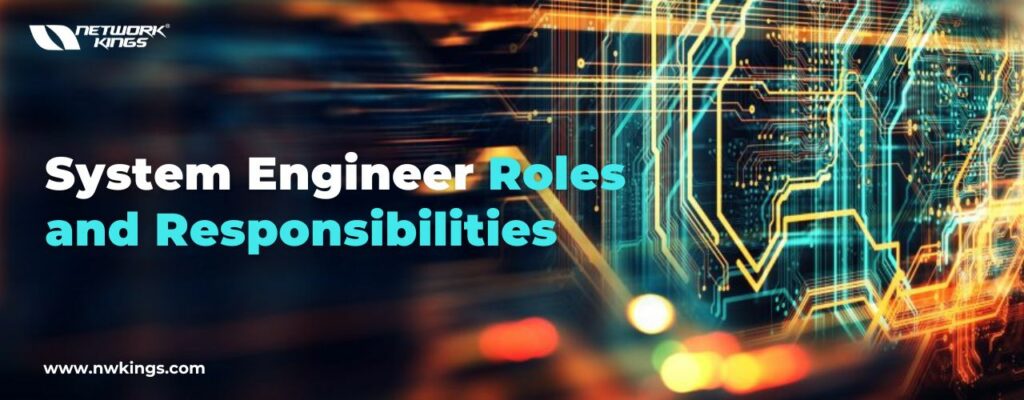
Are you curious to know about the System Engineer Roles and Responsibilities? System Engineers act as intermediates, solving technical terminology for non-technical team members. They produce and observe project goals, providing alignment with the system’s grand idea. Problem-solving and troubleshooting complex issues are essential to their role.
This blog will cover how to become a system engineer, and what are the roles and responsibilities of the system engineer.
Who is a System Engineer?
A systems engineer is accountable for creating, testing, and incorporating complex systems, while also troubleshooting problems. They also control and survey systems and infrastructure, and provide the most elevated levels of availability. Systems engineers are in increased need and play a critical role in the computer world by determining customer requirements and system functionality in the early stages of product or service growth.
What are the System Engineer's roles and Responsibilities?
Here are the system engineer’s roles and responsibilities:
- Creating and implementing systems and tools
- Troubleshooting problems with a company’s systems and networks
- Automating tasks for production settings
- Establishing new hardware and software
- Operating system advancements
- Executing backup and recovery
- Monitoring and capacity planning for servers
- Operating version control
- Setting system security standards
- Evaluating resources to satisfy corporate needs
- Handling help desk staff
What are the benefits of becoming a System Engineer?
Here are the benefits of becoming a system engineer:
Optimized System Performance: They can calibrate systems to work at peak efficiency, enhancing productivity and decreasing downtime.
Reliability and Stability: The system engineer ensures reliability and stability by scrutinizing reliability and stability.
Affordability: They can choose areas where resources are underutilized or inefficiently distributed, allowing organizations to save money on hardware, software, and operating costs.
Scalability: System engineers can raise systems to acclimate to increased needs. They create systems with scalability in mind, qualifying for seamless growth without disrupting processes.
Safety: System engineers are accountable for enforcing strong safety measures to safeguard exposed data and infrastructure from cyber dangers. They survive revised on the most outstanding security procedures and technologies, proactively recognizing and managing exposures to mitigate threats.
What are the challenges in Managing System Engineer Roles and Responsibilities?
Here are the challenges in managing system engineer roles and responsibilities:
- Complexity of Systems: Modern systems can be extremely difficult, including different hardware, software, networks, and reliances. Operating system engineers assigned with learning, configuring, and supporting these systems need serious technical knowledge and practical coordination.
- Rapid Technological Transformations: Technology develops at a fast pace, presenting new tools, platforms, and processes. Keeping system engineers revised with the newest trends and delivering opportunities for constant learning is important to confirm they stay useful in their roles.
- Balancing Priorities: System engineers often have to mislead numerous preferences, from managing direct system problems to preparing for long-term strategic plans. Leaders need to deliver clear direction and prioritize tasks based on business goals to support system engineers assign their time and help.
- Resource Constraints: Limited budgets, staffing shortages, and competing demands can create resource constraints that impact the ability of system engineers to effectively manage systems. Managers must carefully allocate resources and advocate for additional support when required to ensure system engineers can meet their obligations.
- Communication and Collaboration: System engineers generally work with cross-functional teams, including developers, network engineers, and business stakeholders. Compelling communication and cooperation are important for aligning preferences, transferring knowledge, and settling disputes that may occur due to varying views or preferences.
- Security Challenges: With the increasing frequency and complexity of cyber threats, protecting systems is a continuous challenge. System engineers must remain alert against occurring hazards, enforce strong safety standards, and familiarise users to lessen the chance of violations or aggression.
- Rising Infrastructure: As communities develop and develop, system engineers must raise infrastructure to adapt to increased needs while keeping implementation, dependability, and safety. This needs detailed planning, assertive monitoring, and the capacity to adjust to varying conditions.
- Change Management: Executing modifications to systems, whether it’s deploying updates, presenting new technologies, or creating design modifications, can present dangers and troubles. System engineers must follow strict change control procedures to underestimate the influence on processes and provide modifications that are comprehensively pushed and established.
- Managing Complexness: As systems grow in complexity, handling configurations, dependencies, and integrations becomes formidable rapidly. System engineers must utilize adequate composition control procedures, automate routine chores, and employ tools and technologies to facilitate administration and lower the chance of mistakes.
- Supporting Documentation: Documentation is essential for comprehending system architecture, designs, and processes. However, holding complete and up-to-date documentation can be prolonged and constantly gets disregarded in favor of more direct jobs. Managers must highlight the significance of documentation and deliver support and resources to ensure it stays a focus for system engineers.
How to become a System Engineer?
Follow these steps to pursue a system engineer:
- Earn a Bachelor’s degree: Earn a bachelor’s degree which the Accreditation Board approves for Engineering and Technology (ABET) or you can go for a Bachelor’s in systems engineering, industrial engineering, or software engineering.
- Gain Professional Experience: To gain some professional experience, you must enrol for some entry-level jobs to gain experience in the field. Students also tend to complete their internships during graduation under the Fundamentals of Engineering exam [FE] that provides EIT or Engineer in Training certification.
- Obtain a professional license: To become eligible for high-paying jobs, one must clear for the Professional Engineer (PE) license. Passing the exam requires working as a system engineer and completing the ABET-accredited training program.
- Gain certifications: You must gain certifications necessary certifications like:
- Microsoft Certified Systems Engineer (MCSE)
- Cisco Certified Network Associate (CCNA)
- Certified Information Systems Security Professional (CISSP)
- CompTIA Network+
These certifications will add value to your skills and increase your chances of getting hired soon.
Dive in to this blog to get all the information on how to become a system engineer in detail.
Where to pursue System Engineer Training?
To pursue system engineer training, you must go for Network Kings where you will get benefits like:
- Live interactive session:
- Completion Certification.
- Flexible learning with video lectures.
- World’s largest Virtual labs.
- 24/7 access to labs.
- Learn from professional engineers.
Conclusion
System Engineers are answerable for handling, creating, and managing engineered systems.
Managing system engineer roles and responsibilities is a complex effort that requires careful concentration on different challenges and concerns. System engineers play a vital role in developing, executing, and supporting the complex infrastructure that powers current organizations. However, they face challenges such as the intricacy of systems, rapid technical modifications, resource limitations, and safety problems.
There are various system engineer job opportunities. You can get system engineer training from Network Kings and learn from direct engineers.

